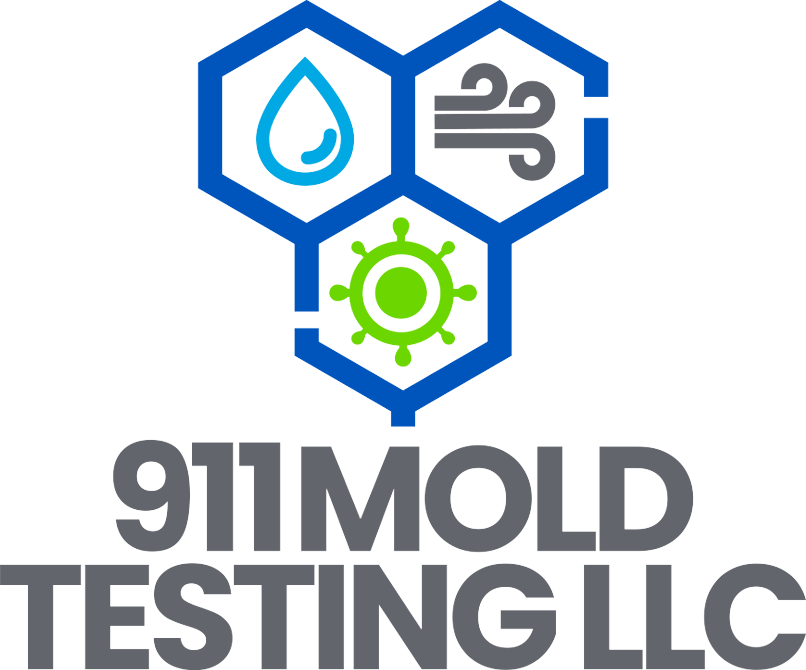To protect your kitchen from mold, you should:
- Keep the kitchen clean and dry: Wipe up spills and moisture immediately, and use a dehumidifier to keep the air dry.
- Fix leaks and water damage: Repair any leaks or water damage promptly to prevent mold from growing.
- Use mold-resistant paint: Use paint that contains mold inhibitors on walls, ceilings, and other surfaces in the kitchen.
- Improve ventilation: Improve ventilation in the kitchen by opening windows and using an exhaust fan when cooking.
- Clean and maintain appliances: Clean and maintain appliances such as refrigerators, dishwashers, and stoves to prevent mold growth.
- Store food properly: Keep food stored in airtight containers and dispose of expired or moldy food promptly.
- Regularly inspect the kitchen: Regularly inspect the kitchen for signs of mold and address any issues promptly.
If you suspect water damage, immediate remediation is advisable.
Follow these 3 simple steps:
- Turn off the main water supply: Turn off the main water supply to your home to prevent further damage.
- Remove standing water: Use a wet/dry vacuum or mop to remove as much standing water as possible.
- Dry out the area: Use fans, dehumidifiers, and open windows to dry out the affected area.
Once you have taken these actions, call a professional as soon as possible so you can minimize the damage and get your home back to normal more quickly.
It is recommended to call a water damage restoration company as soon as possible after discovering water damage in your home. The longer you wait, the more damage can occur and the greater the potential for mold growth.
If you notice any of the following signs of water damage, it’s important to call a professional right away:
- Visible water damage
- Musty odors
- Peeling or bubbling paint
- Leaks or drips
It is important to protect your kitchen from black mold because of the potential health hazards it can cause. Black mold, also known as Stachybotrys chartarum, is a type of mold that can grow in areas with high humidity or water damage. When black mold spores are inhaled, they can cause a variety of health problems, such as:
- Allergic reactions: Black mold can cause allergic reactions such as runny nose, sneezing, and red eyes.
- Respiratory problems: Black mold can cause respiratory problems such as asthma and bronchitis, especially in people with weakened immune systems.
- Neurological symptoms: Black mold can also cause neurological symptoms such as headaches, memory loss, and fatigue.
- Irritation: Black mold can cause irritation to the eyes, skin, and throat.
- Immune suppression: Prolonged exposure to black mold can suppress the immune system, making it harder for the body to fight off infections.
- In rare cases, black mold can produce mycotoxins which can cause serious health issues such as neurological problems, hemorrhages, and even death.
It’s important to keep your kitchen clean and dry to prevent mold growth and to address any leaks or water damage promptly. Also, it is always a good idea to consult a professional if you suspect mold or if you have any health concerns.

